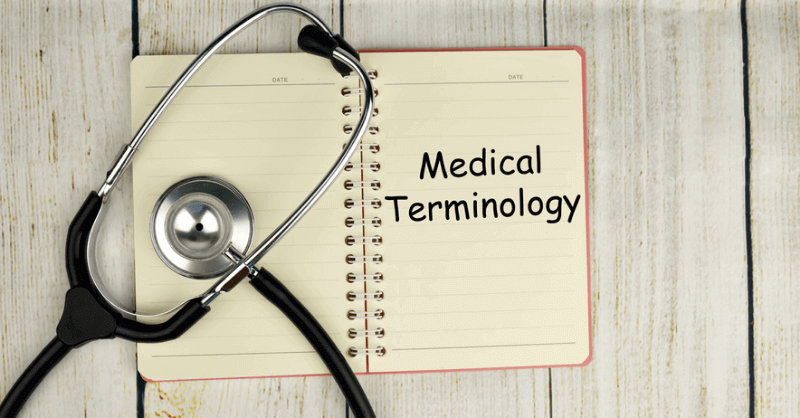If you spend every day at a patient’s side or never step foot in a medical facility, a firm understanding of medical terminology is crucial to your job success if you work in healthcare. In a healthcare environment, all individuals in clinical and non-clinical roles must use medical terms effectively to understand what is being read, written, paid, or communicated during day-to-day work assignments every day.
Suppose you are a trainee GP, a nursing student, a social care worker, or a doctor’s receptionist. In that case, you must understand medical terminology if you work in an area where a basic understanding of medical terms is needed.
You may find yourself responding to an emergency in either of these positions, making a 999 call and needing to administer life-saving treatment, such as CPR or an injection of EpiPen. It will help to have an understanding of medical terminology when you deal with emergency services.
But in your day-to-day tasks, when calculating medication doses for care home residents or as a receptionist responding to triage details from more senior medical personnel, it is also likely to be relevant.


![]() 11 minutes
11 minutes


![]() 11 minutes
11 minutes